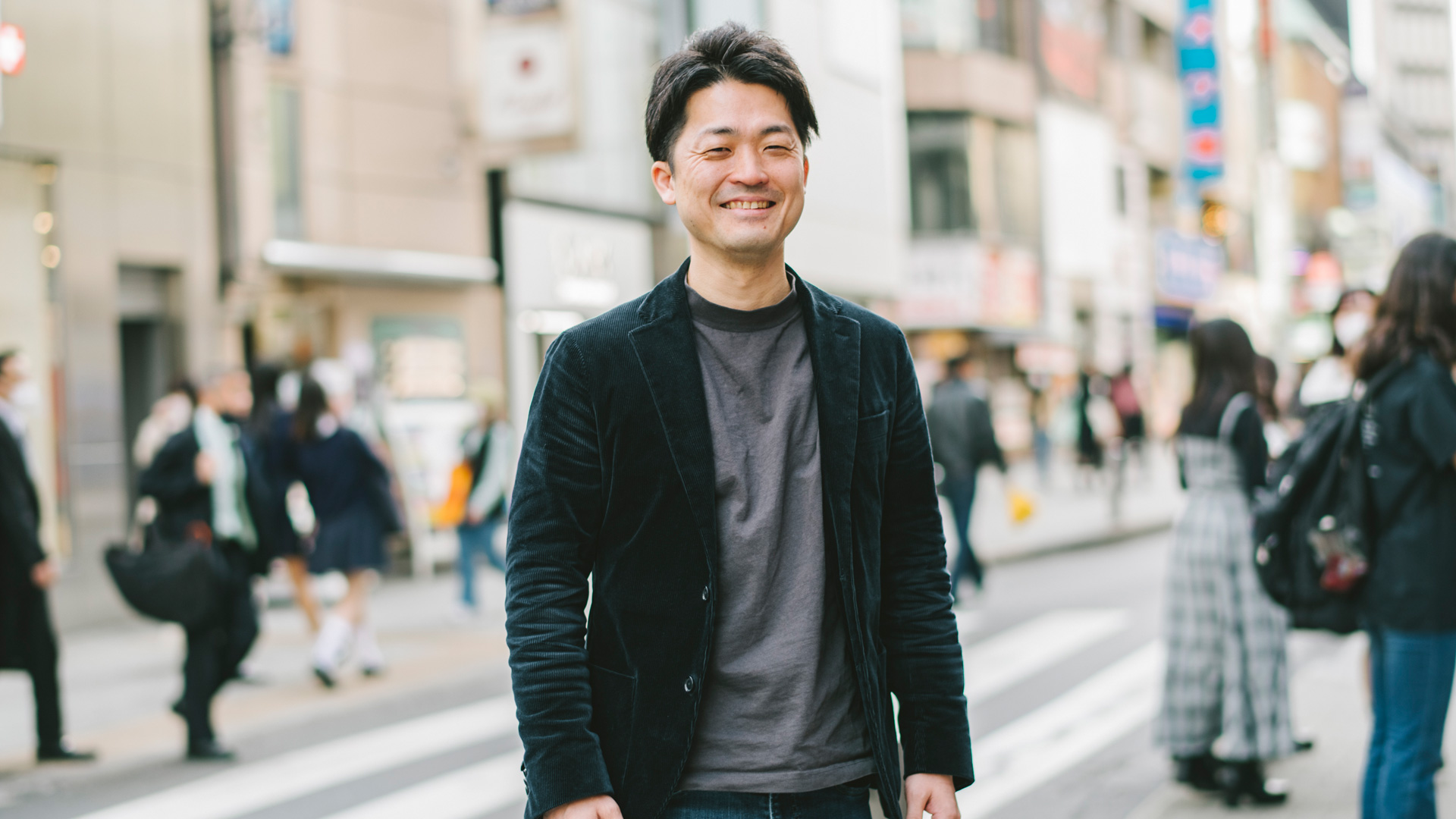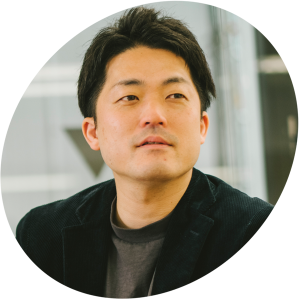渋谷センター商店街振興組合の役員でありながら、渋谷新聞、渋谷区SDGs協会といった団体の代表も務め、渋谷の若者たち・子どもたちに活躍と学びの場を提供しながら未来の渋谷をつくっていく——そんな取り組みを続けている鈴木さん。その活動をあらためて振り返ると、いま社会で求められている、豊かなコミュニティーのつくり方の一例が見えてきました。
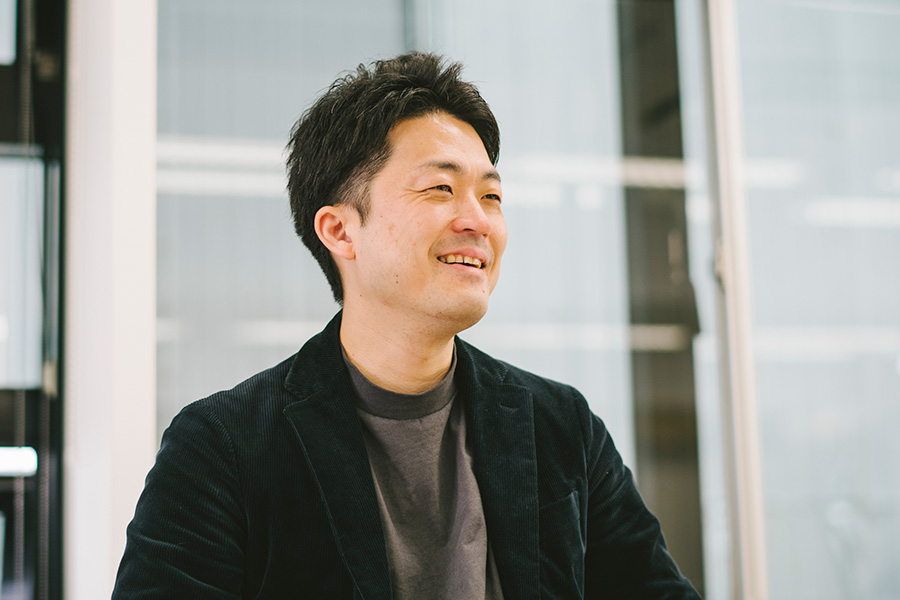
若者たち自身がこれからの渋谷をつくっていくために
——鈴木さんは、渋谷にまつわるいろんな取り組みをされていますよね。
そうですね、特に表向きに出ているものとしては3つあり、1つは渋谷センター商店街振興組合の役員を務めていることと、もう1つは渋谷新聞というメディアの代表、そして、渋谷区SDGs協会の代表理事がもう1つです。
ほかにも、不動産業が母体となる太平洋商事株式会社の代表取締役と、株式会社シブテナの代表取締役会長、また中高生向けに企業支援を行う株式会社まなぶやの取締役ファウンダーなどに加えて、東京商工会議所渋谷支部の青年部で副幹事長を務めたりもしています。最近ではセンター街ど真ん中に学生のたまりば「sponge」を作っちゃいました。
ひとことでいうと、渋谷駅周辺で何でもやっているという感じです(笑)。
元々父が創業した太平洋商事という会社をみてきて、父は地域のコミュニティーといったものにあまり積極的に参加しないタイプの人でしたので、そこを変えていきたいという思いもあり、私は逆にコミュニティーや人脈をつくって広げて、ということをずっと渋谷でやってきました。今ではコミュニティーだらけになってきましたね(笑)。
——そういった取り組みを続けるのにはどんな思いがあるんでしょう。
人脈形成はあくまでもビジネスのために始めたことだったんですが、つらい思いもしたり紆余曲折もありながら、数年前にようやく落ち着いてきたなと感じたんです。じゃあ、今やりたいことって何だろうと考えると、僕自身も子どもが4人いますし、子どもたち・若者たちの未来が良くなるようなことがしたいと思ったんです。渋谷の若者たちの未来をつくるのは、イコール、渋谷のまちづくりだと思っています。それを大人がやるのではなくて、若者たち自身が渋谷をつくっていくために、若者たちへの機会の提供ということをテーマに動いています。
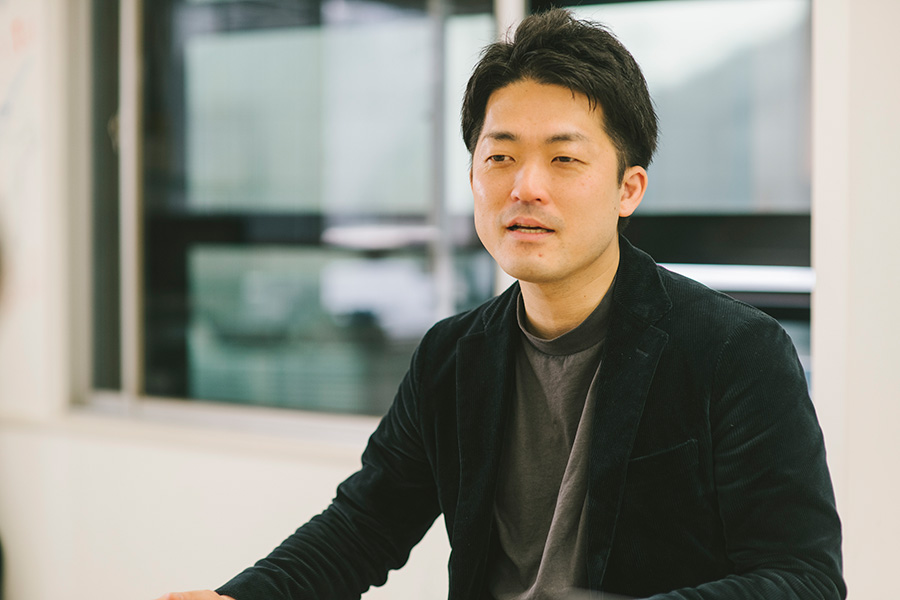
——なかでも「渋谷新聞」は、中高大学生が中心となって運営されているメディアですね。
はい。たとえば編集長と副編集長、合わせて4人いますが全員高校生です。
編集会議には学生が20人くらい集まるのと、加えて大人の運営陣が何人かと、企業の方が参加する場合もあって、企業と学生が交流できる場にもなっています。そんな編集会議も、アジェンダづくりからスライド作成、当日の運営まで全部高校生がやるので、大人は基本的に口を出さないんです。
——編集員も含めて多くの中高大学生が活躍していますが、彼らはどういうきっかけで参加するんですか?
最初は高校生3、4人くらいで始まったんですが、今は大学生もいて、中学生も入ってきています。始まってまだ1年と少しですが、すごく楽しんでやりがいを感じてくれていて、自然に彼らの友達が「私もやりたい」と参加してくれるんです。募集は一度もしたことがないんですが、今は20人くらいのメンバーがいて、また今日も新しい子たちが何人か来る予定ですよ。
——もうひとつ「渋谷区SDGs協会」のほうでも、若者たちへ活躍と学びの機会を提供していますね。
渋谷区SDGs協会は2019年に一般社団法人として設立し、その年のSOCIAL INNOVATION WEEKで記念トークイベントを開催しました。長谷部区長をはじめ、国連や都議会、区議会などからもスピーカーをお招きして、街づくりとSDGsについて語り合っていただいて、会場はもちろん大盛況だったんですが、なにか違和感があったんですね。何が違うんだろうと考えて思ったのは、SDGsって自分達の世代ではなくて子どもたちのために取り組むものもので、さらにいうと子どもたちのために子どもたち自身が声を上げていけるといいのでは、ということでした。そこで「子どもから子どもへ」というのを大きなテーマとして掲げることにしました。
僕自身も子育てをしていてよく思いますが、子どもって親の言うことは聞かなくても友達に言われたらすんなり受け取るということがありますよね。彼らにSDGsを理解してもらうには、同世代からインプットしてもらうのが一番いいんです。
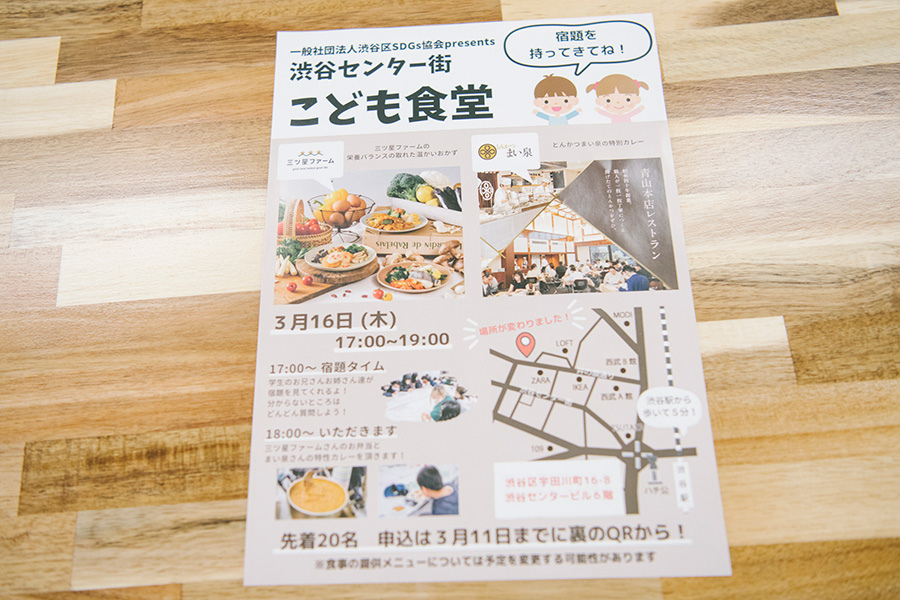
具体的にはどんな活動をしているかというと、たとえば、渋谷センター街のクランクストリート、今ではきれいになりましたけど、あそこをみんなでごみ拾いして、ブースを作って、SDGsのゲームをやったり。「こども食堂」という取り組みでは、企業が生産の工程で廃棄してしまう食材を無償提供してもらって、それを材料にカレーをつくってふるまうなかでフードロスについて実体験を通して学んでもらったりもしています。
そういったことを、高校生が小学生の横についたりしながら子どもたち自身でリードして運営していくのが大事なんです。
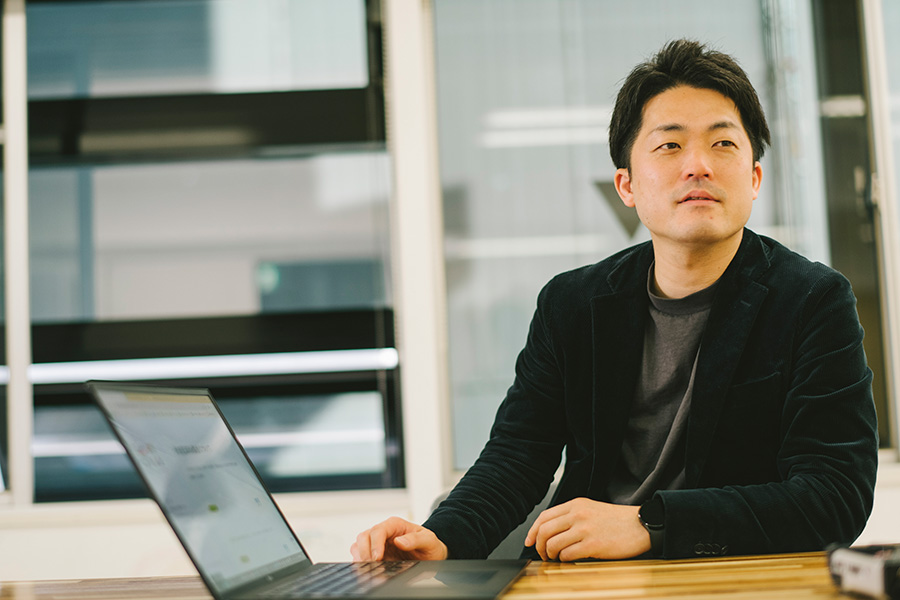
SIW2023に寄せる期待
——そんななか、今後取り組んでみたいと考えていることはありますか?
SOCIAL INNOVATION WEEK(以下、SIW)ではこれまでもイベントを実施するかたちで参加させてもらってきましたが、今年からはもう一歩踏み込んで、アソシエイト・プロデューサーとして参画します。
SIWの課題として、Z世代をはじめとする若者たちにもっとフォーカスしていく必要があると思いますし、そこに対して僕にできることがありそうだなと考えています。
たとえば、SIWのコンテンツとして街全体を使った文化祭みたいなことができたらと思っています。当日に向けて数カ月前から学生チームで立案して、準備して、当日ももちろん学生たちがリードして運営する。そんなイベントが屋外のオープンな空間でできたらいいなと思っています。
あとは渋谷新聞のチームが、若者たちの目線でSIWのトークセッションを取材するというようなこともできるのではないかと思います。
——ほかに鈴木さんから見て、SIWの伸ばすべきところはどんな点だと思いますか?
渋谷の街を歩いている子どもが「今週SIWだね」とお母さんとしゃべったりするくらい、SIW自体の認知が浸透していくといいですよね。ビジネスでSIWに関心を持つ人たちだけでなく、広く渋谷区民や来街者、そして若者たちに対して参加のハードルをさらにぐっと下げられるといいんじゃないかなと思っています。
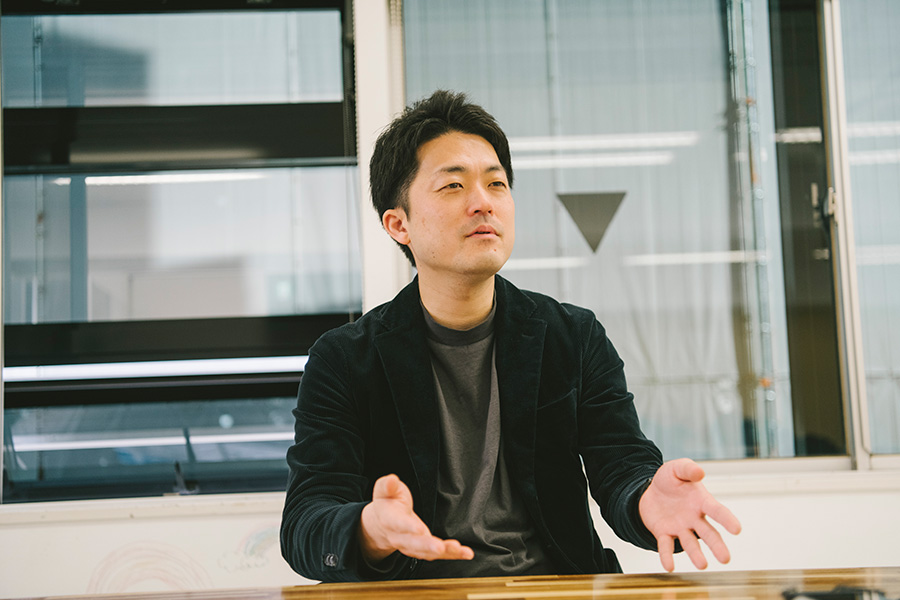
豊かなコミュニティーを形づくる自主性と気軽さ
——鈴木さんのいろんな活動や考え方に通底しているのはやはり、若者たちや子どもたちに活躍の機会を提供して、そこで彼らが自分たちで学んでいくべきということですよね。
そうですね。僕の感覚としては、機会を提供することによって成長していく子どもたちを見て自己満足しているようなものなんですが(笑)。
——ただ、若者たち自身がやりがいを感じられている、というところが重要なポイントですよね。言われたからやるのではなく、本人たちがやりたいと思ってやっている。
そうですね。去る者を追わず、来る者を全力で応援しています。
あとはやはり、これをサステナブルにしていくには、ちゃんとお金もつくっていかないといけないですよね。いま、学生と連携したいという企業さんはたくさんいます。学生たちとのディスカッションを通して商品開発をして、その報酬がきちんと学生たちに還元されるかたちでの契約が企業との間で出来始めています。
企業と絡むことによって、若者たちも新しい学びがあると思いますし、企業側も、大人に呼ばれて一時的に集まった若者たちと連携するよりも、やりがいを感じながら自主的に集まった若者コミュニティーと連携できたほうが充実するはずです。
僕らはもう、いつも夕方になるとフラっと「遊びに来たよ」ってspongeに高校生が集まってきて、わいわいお菓子を食べながら自然とたまり場のようになっているメンバーで、彼らが主体性をもって取り組んでいくので、そこは強みなんじゃないかと思っています。
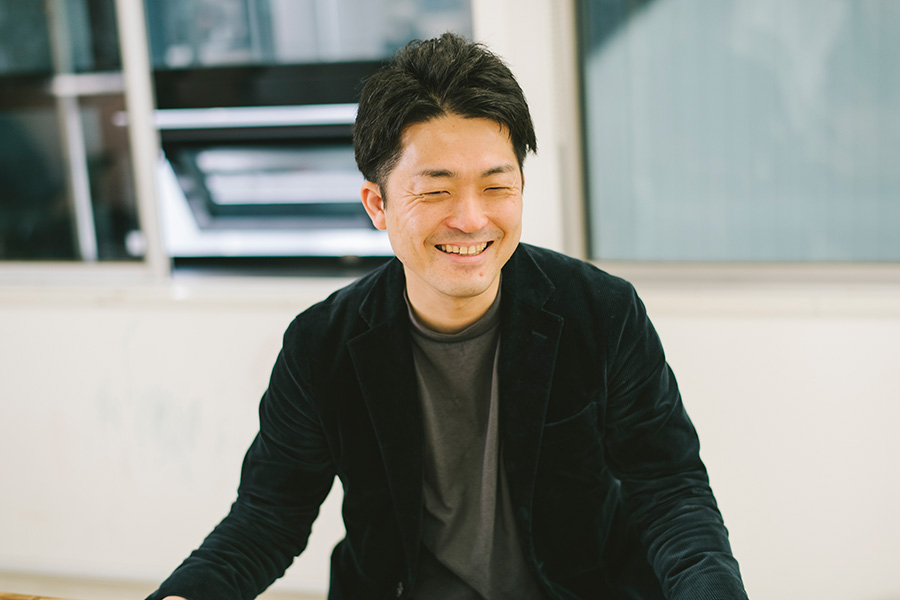
——より自然でリアルな意見が出るでしょうし、やりがいと同時に責任感も持って取り組んでくれるでしょうから、こうした企業連携の面でもいいコミュニティーですよね。
ただ人を集めるだけなら比較的簡単だと思いますが、彼ら自身に積極性があるかどうかが大事だと思っています。
——大人が無理やり集めたのではない、自然なコミュニティーの魅力ですね。それが本来のコミュニティーのかたちのようにも感じます。
ただ、普通の企業さんが自分たちでそれをやるのは、なかなか難しいんですよね。
僕はほら、自己満足でやっていることなので(笑)。
——いえ、そこは「信念」と言っていいと思います。
(笑)
(取材・文)天田 輔
(写真)斎藤 優


